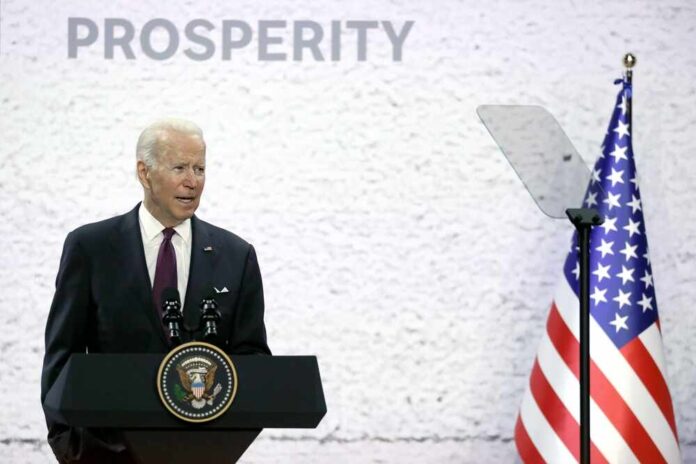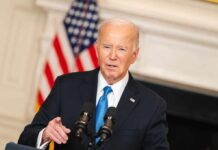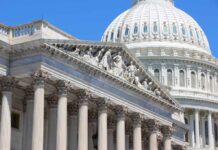
While the Biden administration waves the flag of “inflation reduction,” many red-state Americans see past the charade. The Inflation Reduction Act (IRA), which Joe Biden boldly championed, has come under scrutiny, especially from those who feel it caters more to foreign ventures than American businesses.
According to Politico, the IRA has provisioned nearly $370 billion in taxpayer money for green energy projects in the forthcoming years. Goldman Sachs estimates this number could soar to as much as $1.2 trillion. Despite the administration’s attempts to paint a rosy picture, especially in GOP-controlled areas, residents remain deeply skeptical.
‘Pushing It Down Our Throats’: Red State Locals Bristle At Incentives For Foreign Companies In Biden’s Signature Bill via @DailyCaller https://t.co/K3sR4BaA4t
— Chris 🇺🇸 (@Chris_1791) August 14, 2023
Consider Lori Brock, a Michigan real estate agent, who candidly shared her concerns about a Gotion battery plant soon to pop up in the Big Rapids area, supported by IRA subsidies. “They’re pushing it down our throats,” she lamented. “Why are we giving our tax money to China when we’re almost at war with China? Why aren’t we giving our tax money to an American company?”
Brock’s concerns aren’t unfounded. Gotion, a Chinese company, is set to benefit massively from federal incentives to build its $2.4 billion factory, located perilously close to a military base where Michigan National Guard members have reportedly trained Taiwanese troops. With Gotion’s top executive, Zhen Li, holding affiliations with an advisory body to the Chinese Communist Party, residents’ fears aren’t just about economics — they’re about national security.
As reports highlight, in the year following the IRA’s enactment, 40% of new manufacturing projects were fronted by corporations outside the U.S. or by foreign companies collaborating with American entities. Shockingly, at least six of these were Chinese-based firms.
Jim McAnally, an Oklahoma business owner, echoes Brock’s sentiments. He stated on the subject of an Italian firm’s upcoming solar manufacturing project in his vicinity, “The federal government doesn’t need to get involved. We all support bringing in green, but we don’t want to give them all this free money.”
While these subsidies might bring commercial growth to some areas, they place GOP leaders in an awkward position, caught between challenging the administration’s vast green proposals and embracing public investments that might boost their local economies.
Adding to the skepticism, Joe Biden recently backtracked on the IRA’s primary objective. Although initially sold as a panacea for the nation’s crippling inflation rates, Biden recently admitted, “I wish I hadn’t called it that. It has less to do with reducing inflation than providing alternatives that generate economic growth.”
This stark contrast to his earlier promise that the IRA would “lower inflation, cut the deficit, reduce health care costs, tackle the climate crisis, and promote energy security” makes it clear that marketing mattered more than honesty. The Congressional Budget Office’s analysis, which indicated that the bill would have only “a negligible effect” on inflation in 2022, further punctuates this point.

































